Inspiration of the Month – Sarah
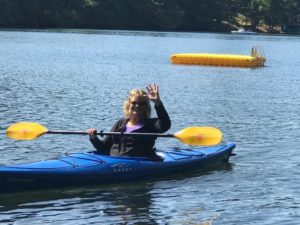 Sarah Sobocinski
Sarah Sobocinski
Inspiration of the Month November 2017
When did you start Pilates and what inspired you to start?
I believe I finally started Pilates in April 2017. I had intentions of going in for a long time and had even gone online to their website, but like many of us never followed through. I injured my neck several months later and was referred to their Massage Therapist, Sara Sea! She was wonderful and fixed my neck pain. I have told many people about Sara. She is amazing and so knowledgeable. While I was there for my massage my long time family physician, Cheryl Johnson happened to be attending a Pilates class. That was enough for me and I signed up, went to my Private Pilates sessions, then started in classes and never looked back!
How often do you practice Pilates and what type of sessions or classes have you been doing?
When I started I went 2, maybe 3 times a week. Now I try to make it 4 times a week. I loved the attention I got from the personal training sessions with Carey. She gave me confidence to try the Tower classes. These classes gave me knowledge and support as I learned the Pilates method. I moved on to Barre Mat and Fun class and found new areas of my body becoming stronger and definitely more toned, all the while having a great time. The Pilates Mat classes are always different, challenging, and yet rewarding because you learn to perfect the moves with the instructor’s guidance and encouragement. Zumba is my latest favorite because I am finally strong enough to enjoy it. No pressure, just dancing ! I love them all because they all offer something different, you never get bored.
What benefits or improvements have you noticed in your body and life from doing Pilates?
I think there are a couple of things that happen. One, you become more in tune with your core strength, standing tall and keeping your shoulders down in every day life. While driving in the car you feel the small of your back touching the seat and your belly pulled in. That’s a silly example but true. I notice it especially when driving long distances. The mental aspect is so important too as it gives you more confidence, stamina and the relief of stress that comes with the breathing .
Do you have a favorite exercise or piece of equipment (or both)?
I like the practice as a whole, each exercise or movement building on to the next with fluidity. I like it when I have worked on something and I see that I am making progress and feel stronger.
What would you say to someone who is thinking about doing Pilates?
I would say you should do this for you!! Many people don’t think they are worth the time and money and never find out just how much better and how much happier they will become practicing Pilates. By doing something for themselves they will be a better person for the people around them. It is not scary, it is not painful, it is rewarding. If you have an injury the instructors modify and help you gain strength in that area. It makes you a stronger, happier you and who wouldn’t want that in their lives. Can you tell I love Rivercity Pilates !!!!
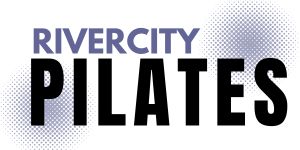

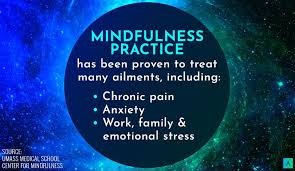
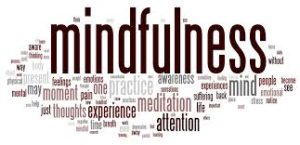 Whoever you are, it’s possible that you could live your whole life in a dream; what the practice of mindful meditation will give you is your actual life. Instead of being driven by forces in the past or anxiety about the future, you can face your life with clarity, relaxation and calm. But, interestingly you are much more likely to get those things out of your meditation practice if you don’t try, if you just allow things to be as they are, then take them as they come, whether you like it or not. -Jon Kabat-Zinn
Whoever you are, it’s possible that you could live your whole life in a dream; what the practice of mindful meditation will give you is your actual life. Instead of being driven by forces in the past or anxiety about the future, you can face your life with clarity, relaxation and calm. But, interestingly you are much more likely to get those things out of your meditation practice if you don’t try, if you just allow things to be as they are, then take them as they come, whether you like it or not. -Jon Kabat-Zinn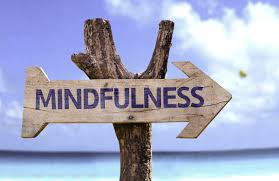 “The heart of skillful meditation is the ability to let go and begin again, over and over again. Even if you have to do that thousands of times during a session, it does not matter. There is no distance to traverse in recollecting our attention; as soon as we realize we have been lost in discursive thought, or have lost touch with our chosen contemplation, right in that very moment we can begin again. Nothing has been ruined, and there is no such thing as failing. There is nowhere the attention can wander to, and no duration of distraction, from which we cannot completely let go, in a moment, and begin again.”
“The heart of skillful meditation is the ability to let go and begin again, over and over again. Even if you have to do that thousands of times during a session, it does not matter. There is no distance to traverse in recollecting our attention; as soon as we realize we have been lost in discursive thought, or have lost touch with our chosen contemplation, right in that very moment we can begin again. Nothing has been ruined, and there is no such thing as failing. There is nowhere the attention can wander to, and no duration of distraction, from which we cannot completely let go, in a moment, and begin again.” 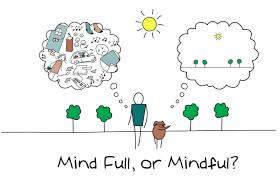 How can we know all of who we are
How can we know all of who we are 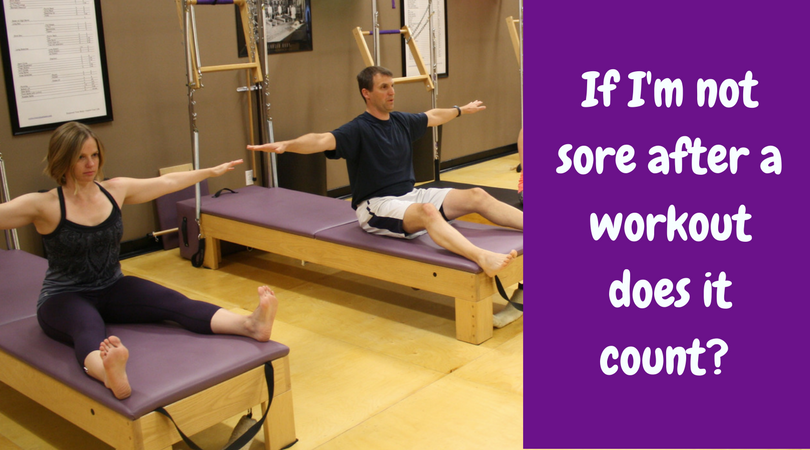
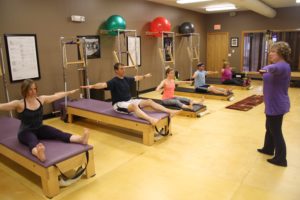 I started a new Beginner Pilates Mat series this week, and at the beginning of class I found myself saying something to this group of new Pilates students that I felt like more people should hear. I told them that they probably wouldn’t be sore after their first class and that’s OK and it’s actually a good thing. I told them they may feel some muscles they haven’t used in awhile and have what I like to call “muscle awareness” but really the last thing I wanted was for me to check in with them in a few days and find out they were so sore it almost hurt move! I could just feel a sense of relief spread through the room when I said this. My guess is that many of my participants who had finally gotten the courage to try Pilates, were already dreading how sore they might be after their first class.
I started a new Beginner Pilates Mat series this week, and at the beginning of class I found myself saying something to this group of new Pilates students that I felt like more people should hear. I told them that they probably wouldn’t be sore after their first class and that’s OK and it’s actually a good thing. I told them they may feel some muscles they haven’t used in awhile and have what I like to call “muscle awareness” but really the last thing I wanted was for me to check in with them in a few days and find out they were so sore it almost hurt move! I could just feel a sense of relief spread through the room when I said this. My guess is that many of my participants who had finally gotten the courage to try Pilates, were already dreading how sore they might be after their first class.
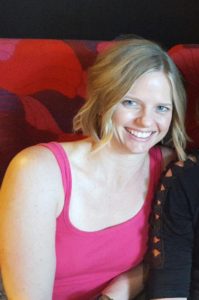 I am very excited to focus on mindfulness at Rivercity Pilates this month. I have to admit, a few months ago I am not sure I really understood mindfulness. I am still not sure I do, but I am excited to share a few insights from my experience taking the Mindfulness-Based Stress Reduction Program through the University of Iowa.
I am very excited to focus on mindfulness at Rivercity Pilates this month. I have to admit, a few months ago I am not sure I really understood mindfulness. I am still not sure I do, but I am excited to share a few insights from my experience taking the Mindfulness-Based Stress Reduction Program through the University of Iowa.